Healthy Schools for Healthy Futures
What our children eat and drink at school impacts their health and wellbeing. Right now, 99% of school canteens are serving foods high in saturated fat, sugar, and salt. The Department of Education and Training (DET) has the power to change this. Sign the statement to show your support for healthier food and drink options in Victorian school canteens.
Join the 535 others who have signed our statement of support.
Every child deserves to be healthy.
What our kids eat and drink at school impacts their health and wellbeing. Right now, foods high in saturated fat, sugar and salt make up nearly 40% of energy intake for Victorian kids1. This is hurting their mental health and wellbeing2.
Having healthy food and drink options in canteens will help improve their mental health2, concentration and memory3,4 and overall academic performance5.
We must act now.
25% of Australian children are
now overweight or obese9.
The Victorian Department of Education and Training (DET) must update, mandate and monitor the Canteens, Healthy Eating and Other Food Services Policy in schools to give our kids better access to healthier food and drink options.
Sign the statement to show your support for school canteens to provide healthier food and drink options for our kids.
Almost 99% of secondary schools sell red classified * items10
The recommendation is 0%
DET has committed to the Victorian Government’s Healthy Kids, Healthy Futures action plan, which aims to support children and young people to be healthy, active and well. DET must align more strongly with this action plan to ensure schools offer healthier food and drink options to their students.
Since schools in NSW and WA have mandated healthy canteens, more than 95% 6 of their schools provide more than 50% green classified (the best option) food and drink items.
Teachers from schools with fresh, healthy food and drink options report that their students are happier7,8, more focused and better able to moderate their emotions.
Hear what others are saying
Hugh from Thomastown
Adele from Eppings
Rick from Eltham
Puja from Sunbury
DET has the power to make this change.
Sign the statement to support the introduction of Healthy Canteens in Victorian schools and join the movement for healthier food and drink options for our kids.
Our Supporters


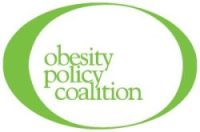
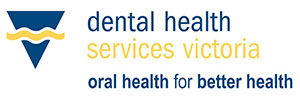
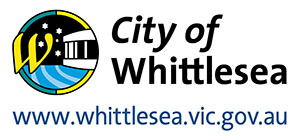

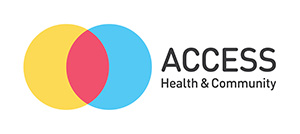
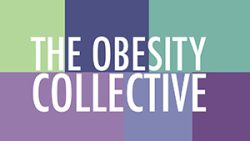


Reference:
- Australian Institute of Health and Welfare (2019) Poor diet., AIHW, Australian Government, accessed 11th May 2022
- Jacka FN, et al. Associations between diet quality and depressed mood in adolescents: results from the Australian Healthy Neighbourhoods Study. Aust N Z J Psychiatry. 2010 May;44(5):435-42. https://www.ncbi.nlm.nih.gov/
- Gómez-Pinilla, F. (2008). Brain foods: The effects of nutrients on brain function. Nature Reviews Neuroscience, 9(7), 568-578. Retrieved from http://www.ncbi.nlm.nih.gov/
- Bellisle, F. (2004). Effects of diet on behaviour and cognition in children. British Journal of Nutrition, 92(2), S227–S232
- Burrows, T., Goldman, S., Pursey, K., Lim, R. (2017) Is there an association between dietary intake and academic achievement: a systematic review.
- Food Environment Dashboard. (2021) accessed: https://foodenvironmentdashboard.com.au/food-in-settings/schools/
- Healthy Eating Advisory Service, case studies, Blackheath Public School (NSW), retrieved from: https://heas.health.vic.gov.au/schools/case-studies/blackheath-public-school-nsw
- Healthy Eating Advisory Service, case studies, Bruthen Primary School (Vic), retrieved from: https://heas.health.vic.gov.au/schools/case-studies/bruthen-primary-school
- Overweight and obesity, 2017-18 financial year | Australian Bureau of Statistics (abs.gov.au)
- Haynes, A, et al. (2020) Secondary school canteens in Australia: analysis of canteen menus from a repeated cross-sectional national survey, Public Health Nutrition: 24(4), 696–705, doi: doi:10.1017/S1368980020003535

 Language
Language